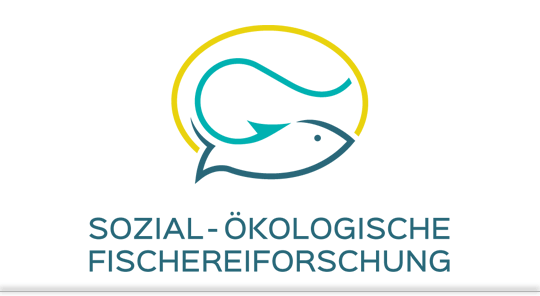Rivers are ecosystems highly threatened by human activities and fish are an invaluable tool to measure and communicate environmental degradation and restoration. Fish bioassessment is crucial but notoriously difficult in Mediterranean-climate streams for a number of reasons, including low local species richness, faunas with high spatial turnover and generalist species, and scarcity of reference sites. In this study, we conducted the most comprehensive test of the pan-European fish index (EFI+) in the Iberian Peninsula, analysing its response to multiple anthropogenic pressures. We compiled a database, which we provide online, with 2970 electrofishing samples across Spain, involving 100,732 fish of 69 species. Principal component analyses of many quantitative variables were used to create new synthetic anthropogenic pressure indices. Correlation and multiple linear regression analyses were used to test the relationship between these pressures and the fish index (EFI+) and its four individual metrics scores (i.e., density of species intolerant to oxygen depletion, density of fish ≤150 mm of species intolerant to habitat degradation, richness of species of rheophilic reproduction habitat, and density of species of lithophilic reproduction habitat). We also obtained the same models but including the river basin district to test for spatial or methodological differences. Our results indicate that both the EFI+ index and its individual metrics respond to various anthropogenic pressures. These pressures explained about 36% of the variance of EFI+ values. Notably, downstream and mainstream reaches with higher agricultural or urban land uses, increased hydrologic alteration, and water and habitat quality impairment exhibited lower EFI+ values. Although less variance was explained for the individual metrics than for the fish index, they responded as expected to the different pressures. For instance, the richness of rheophilic species and the number of lithophilic fish decreased with hydrologic alteration, while the number of fish intolerant to oxygen depletion decreased with water quality impairment. Similar correlations were observed when river basin district was included in the model, but with higher explained variation and greater significance of the pressures. While it is possible to develop regional indices with more metrics and a stronger correlation with anthropogenic pressures, EFI+ is the only fish index that has been validated throughout the Spanish peninsular territory. Our results support the use of EFI+ in intercalibration exercises across Spain until better regional indices are developed.
Response of a pan-European fish index (EFI+) to multiple pressures in rivers across Spain
Rezensierter Artikel
Alcarez-Hernandez, J.D., Radinger, J., Luque, Y., Garcia-Berthou, E. 2024. Response of a pan-European fish index (EFI+) to multiple pressures in rivers across Spain. Journal of Environmental Management, 352, 120043.
Veröffentlicht
: 2024
Erschienen in
: Journal of Environmental Management, 352, 120043

